Publications
Articles, publications, books, tools and multimedia features from the U.S. Institute of Peace provide the latest news, analysis, research findings, practitioner guides and reports, all related to the conflict zones and issues that are at the center of the Institute’s work to prevent and reduce violent conflict.
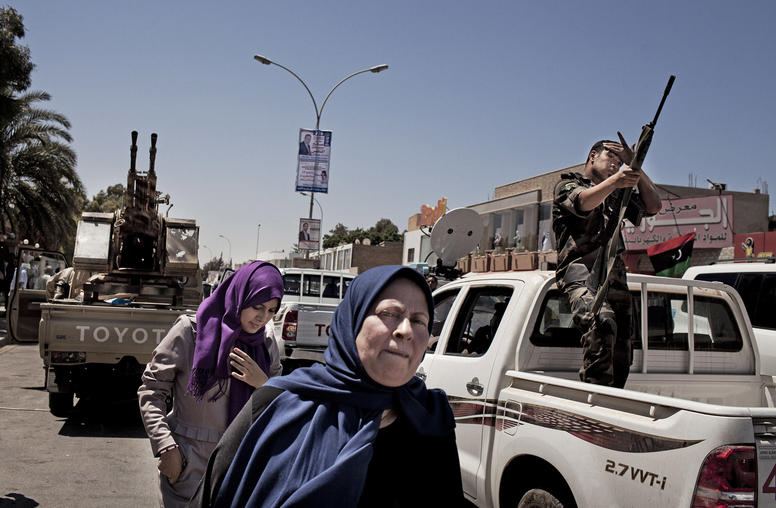
To Help End a War, Call Libya’s Women Negotiators
As Libya struggles to end an armed conflict that has only widened this year, it should turn to a hidden resource: the traditional peacemaking roles of its women. As in many countries facing warfare, women have long played a key role in negotiating or mediating conflicts within families, clans and local communities—but are overlooked by official institutions and peace processes. Amid Libya’s crisis, one such “hidden” peacemaker is Aisha al-Bakoush, a hospital nursing director who has expanded her healing mission from medical illnesses to armed conflict.

Susan Stigant on Ethiopia’s Nobel Peace Prize Winner
Last week, Ethiopian Prime Minister Abiy Ahmed was awarded the Nobel Peace Prize for his diplomatic engagement with neighboring Eritrea and initiating a host of domestic reforms. USIP’s Susan Stigant explains how the award shines a light on his accomplishments and “sets an expectation that he will continue to provide that leadership going forward."

Scott Worden on Afghan Elections and the Peace Process
A week and a half after Afghan presidential polls, the results remain unclear. But, we do know that turnout was historically low, largely due to dire security conditions. Meanwhile, with the peace process stalled, USIP’s Scott Worden says the upsurge in U.S. military operations against the Taliban is a “pressure tactic, not a victory strategy.”

Steve Hege on the Latest in Venezuela and Colombia
The crisis in Venezuela and increasing tensions between the Colombian government and the Maduro regime threaten the security of the region and the implementation of Colombia’s 2016 FARC peace accord. USIP’s Steve Hege discusses recent obstacles to implementation of that accord and how the U.S. can support a democratic transition in Venezuela.
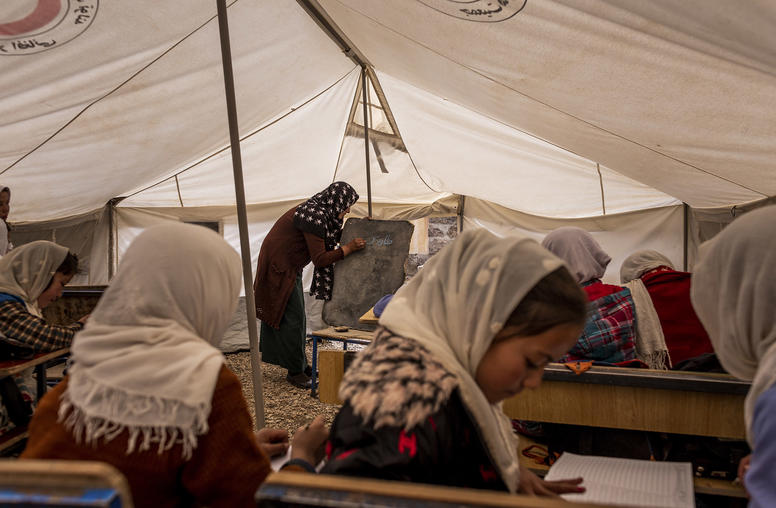
How to push Taliban for compromise? Ask the women doing it.
The halt in the U.S.-Taliban dialogue, plus Afghanistan’s September election, has forced a hiatus in formal peace efforts in the Afghan war—and that creates an opening to strengthen them. A year of preliminary talks has not yet laid a solid foundation for the broad political settlement that can end the bloodshed. While talks so far have mainly excluded Afghan women, youth and civil society, the sudden pause in formal peacemaking offers a chance to forge a more inclusive, and thus reliable, process. Even better, a little-noted encounter in Qatar between women and Taliban leaders signals that a broader process is doable.
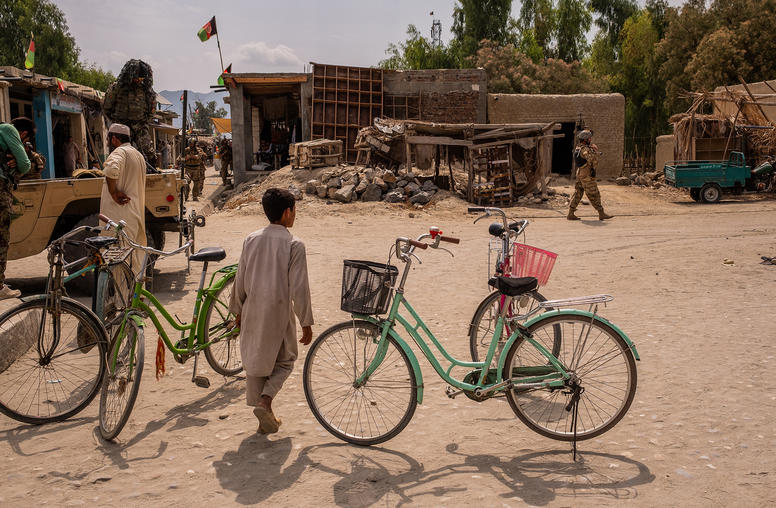
How to Revive an Afghan Peace Process
The halt to U.S. peace talks with the Taliban, announced September 7 by President Trump, should be used as a starting point for new negotiations, according to U.S. and Afghan specialists. The United States and Afghans have a chance to shape a new phase of talks to maximize the possibilities for a peace accord that Afghans can accept, the experts said at USIP. Some urged resuming talks as quickly as possible. Others argued for focusing first on unifying non-Taliban Afghans following the planned September 28 elections, and on exploiting war fatigue among the Taliban.
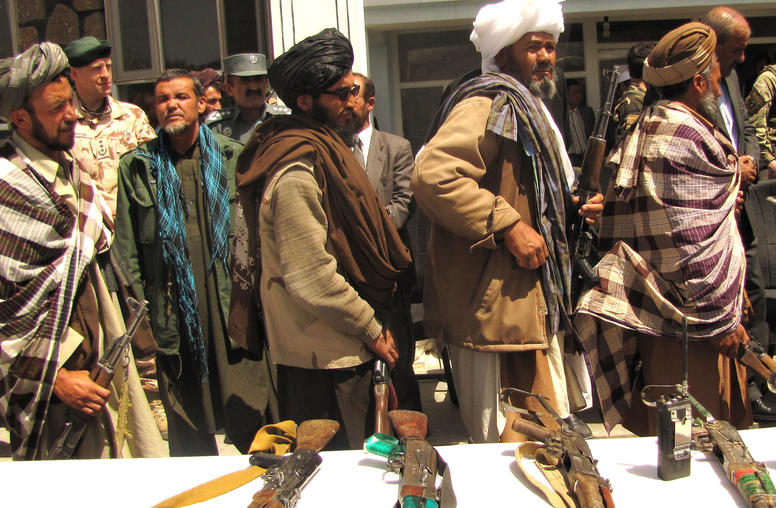
What are the Prospects for Power-Sharing in the Afghan Peace Process?
While the negotiations between the U.S. and the Taliban were recently thrown-off course, a peace agreement among Afghans remains an urgent priority. The U.S.-led negotiations over a phased drawdown of U.S. troops in exchange for a Taliban commitment to eschew terrorism and engage in intra-Afghan negotiations took nearly a year. Yet these talks excluded the Afghan government and other political elites and didn’t address the fundamental question of what it will take for Afghans to put a sustainable end to four decades of war: how will power be shared?
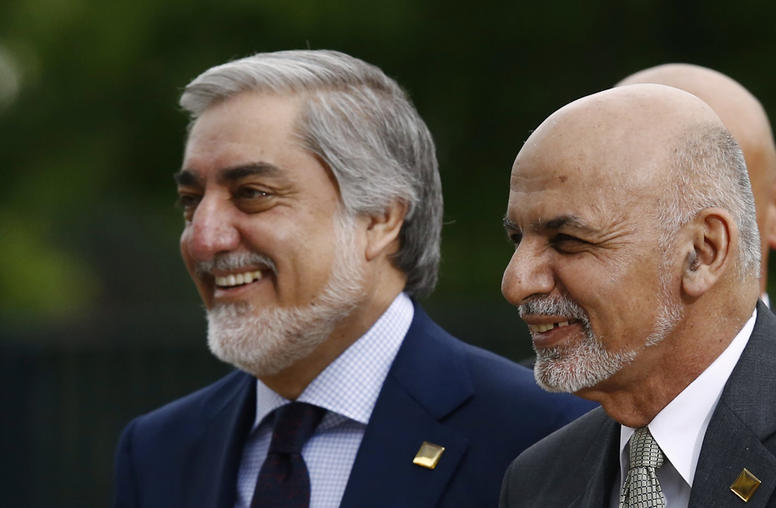
Negotiations, Continued: Ensuring the Positive Performance of Power-Sharing Arrangements
Most negotiated peace settlements since the 1990s have featured some aspect of power sharing, including those in Northern Ireland, Burundi, Bosnia, and Nepal. However, by freezing a sometimes unstable status quo, power sharing can create challenges to maintaining peace over the longer term as issues arise that rekindle enmity or create new suspicions among the parties. This report argues that power-sharing arrangements can be made more durable by providing robust forums, either permanent or ad hoc, that allow parties to resolve differences as they arise and to reaffirm their commitment to peace.
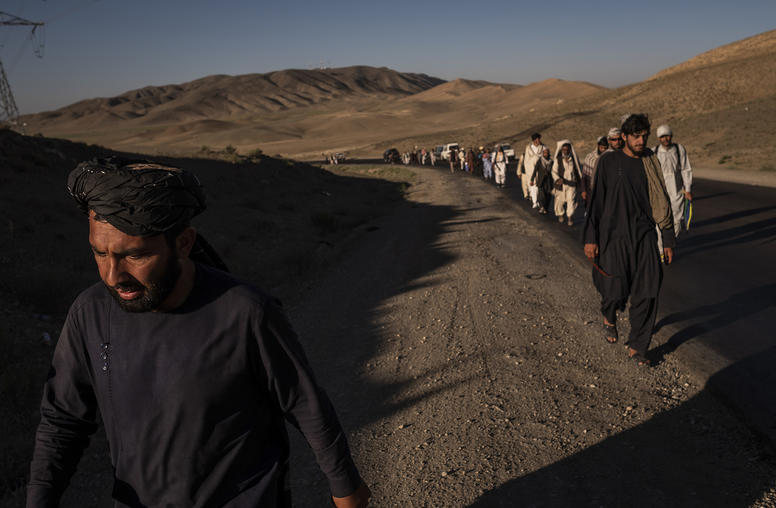
Afghan peace talks are damaged, but not yet broken.
President Trump’s weekend announcement of a halt to U.S. peace talks with Afghanistan’s Taliban—including a previously unannounced U.S. plan for a Camp David meeting to conclude that process—leaves the future of the Afghanistan peace process unclear. USIP’s Andrew Wilder, a longtime Afghanistan analyst, argues that, rather than declaring an end to the peace process, U.S. negotiators could use the setback as a moment to clarify the strategy, and then urgently get the peace process back on track before too much momentum is lost.
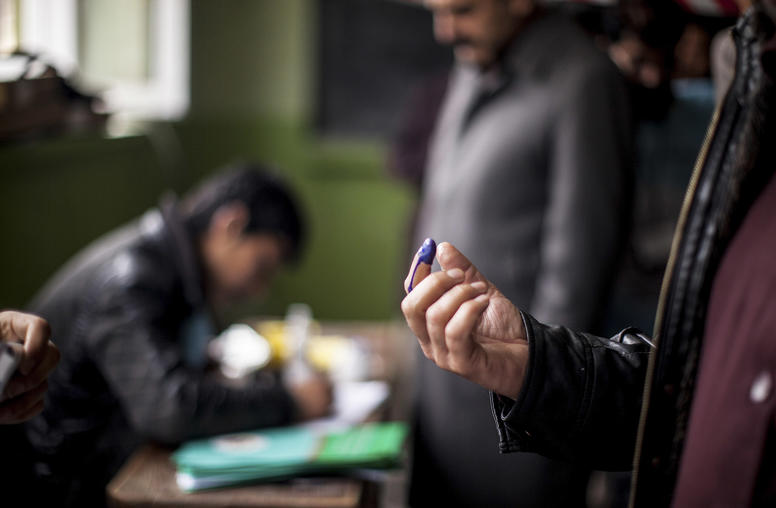
Walking a Fine Line: Holding Elections Amid Peace Processes
Elections that are organized amid a peace process can either destabilize or pacify a conflict. The vote can put significant pressure on a peace accord, as Colombia is experiencing today, or it can integrate formerly warring parties into the political process, as in Nepal’s 2008 Constituent Assembly elections. The timing of elections in relation to peace processes, as well as the inclusivity of the process itself, are critical in determining whether peace or conflict prevails at the polls.